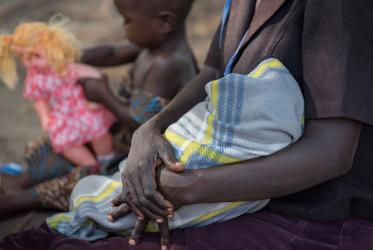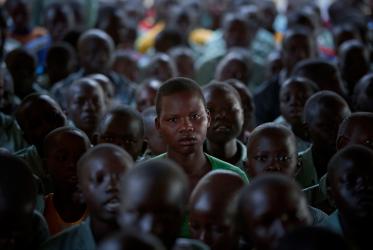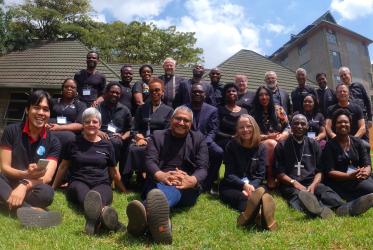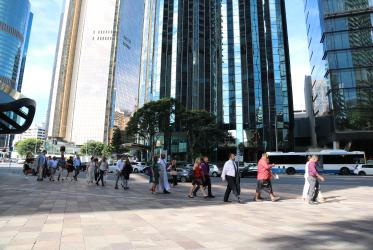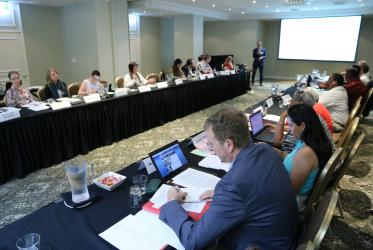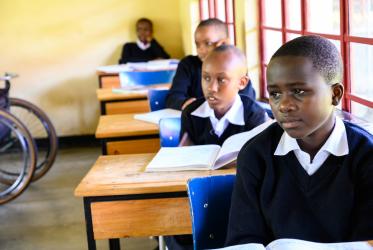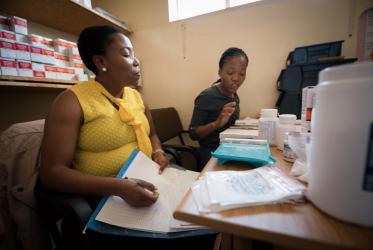Displaying 1 - 17 of 17
01 February 2024
The 58th meeting of the WCC’s Commission of the Churches on International Affairs
02 - 06 November 2021
Johannesburg, South Africa and online
Mission and people with disabilities
26 June 2019
Konrad Raiser shares ecumenical journey of transformation
06 February 2018
“Good healthcare a right, not a privilege,” says WCC-EAA
11 October 2017
Common prayer in Geneva responds to acts of violence
16 November 2015
WCC Executive Committee speaks out on migrant crises
12 June 2015
